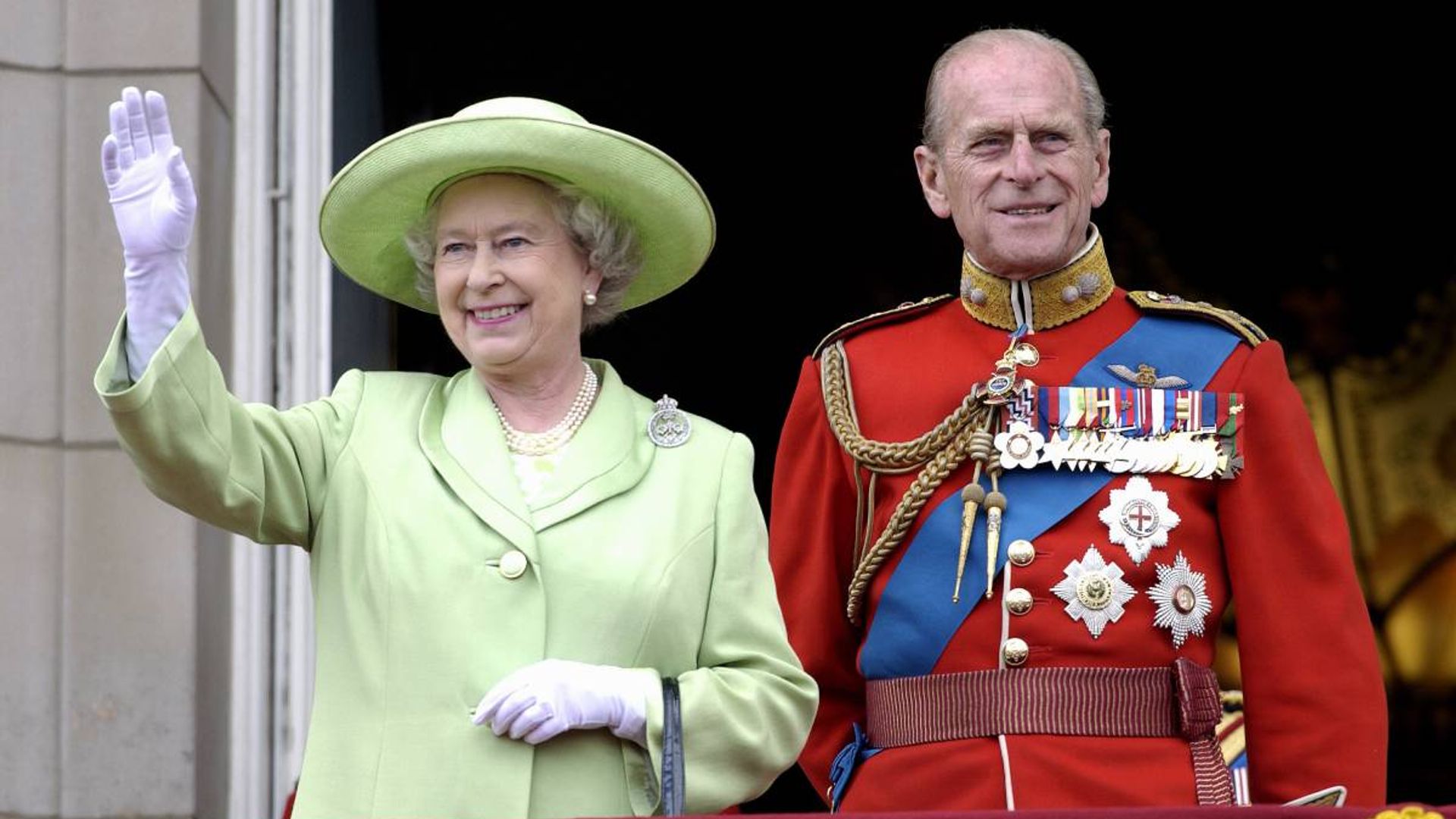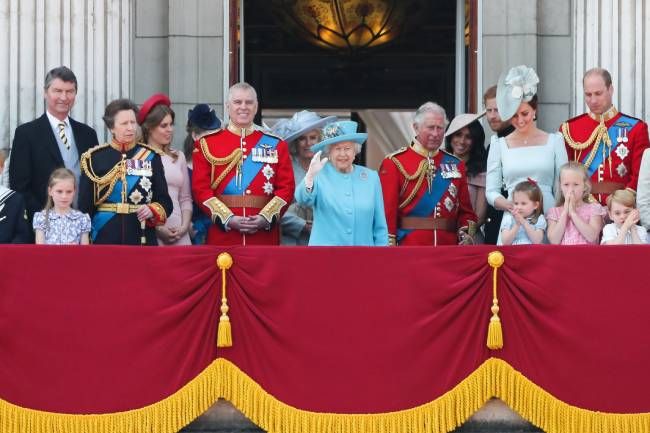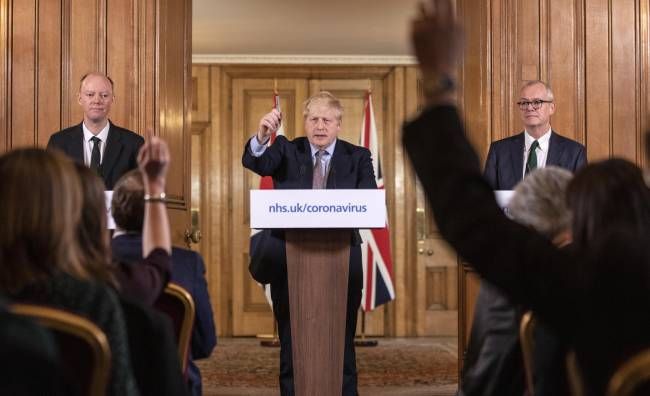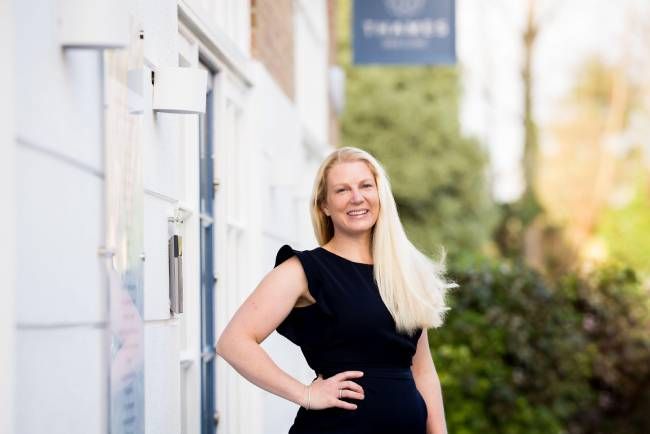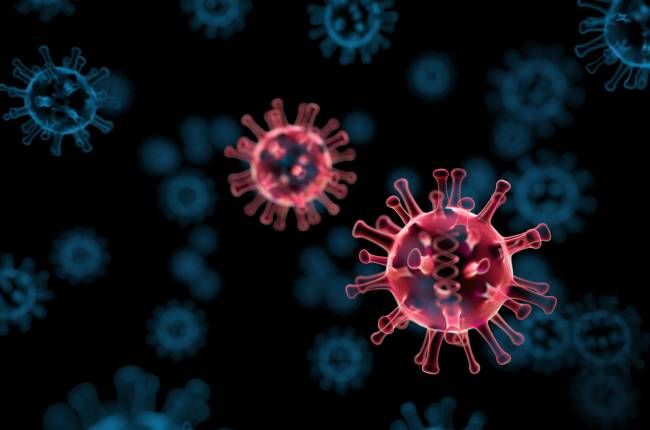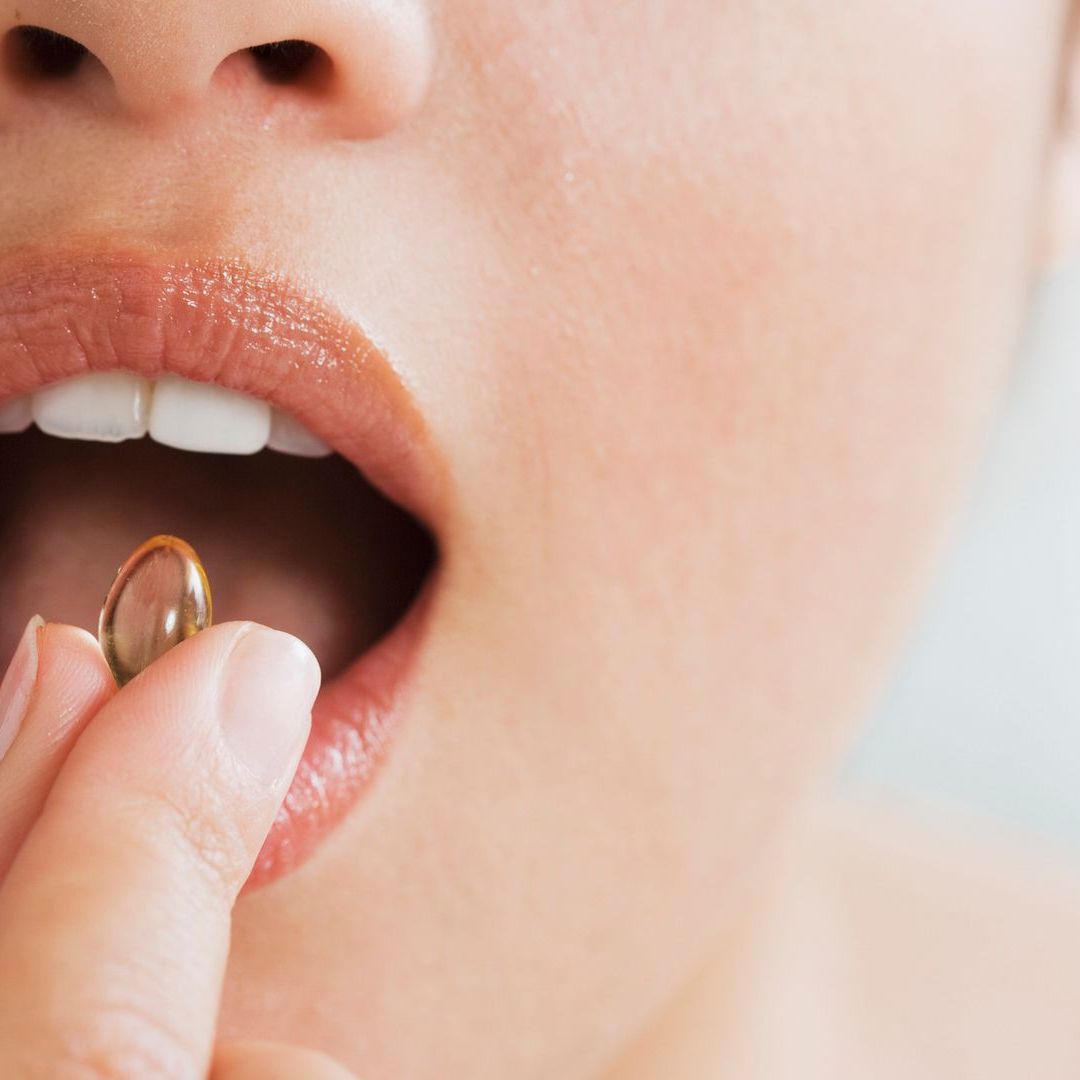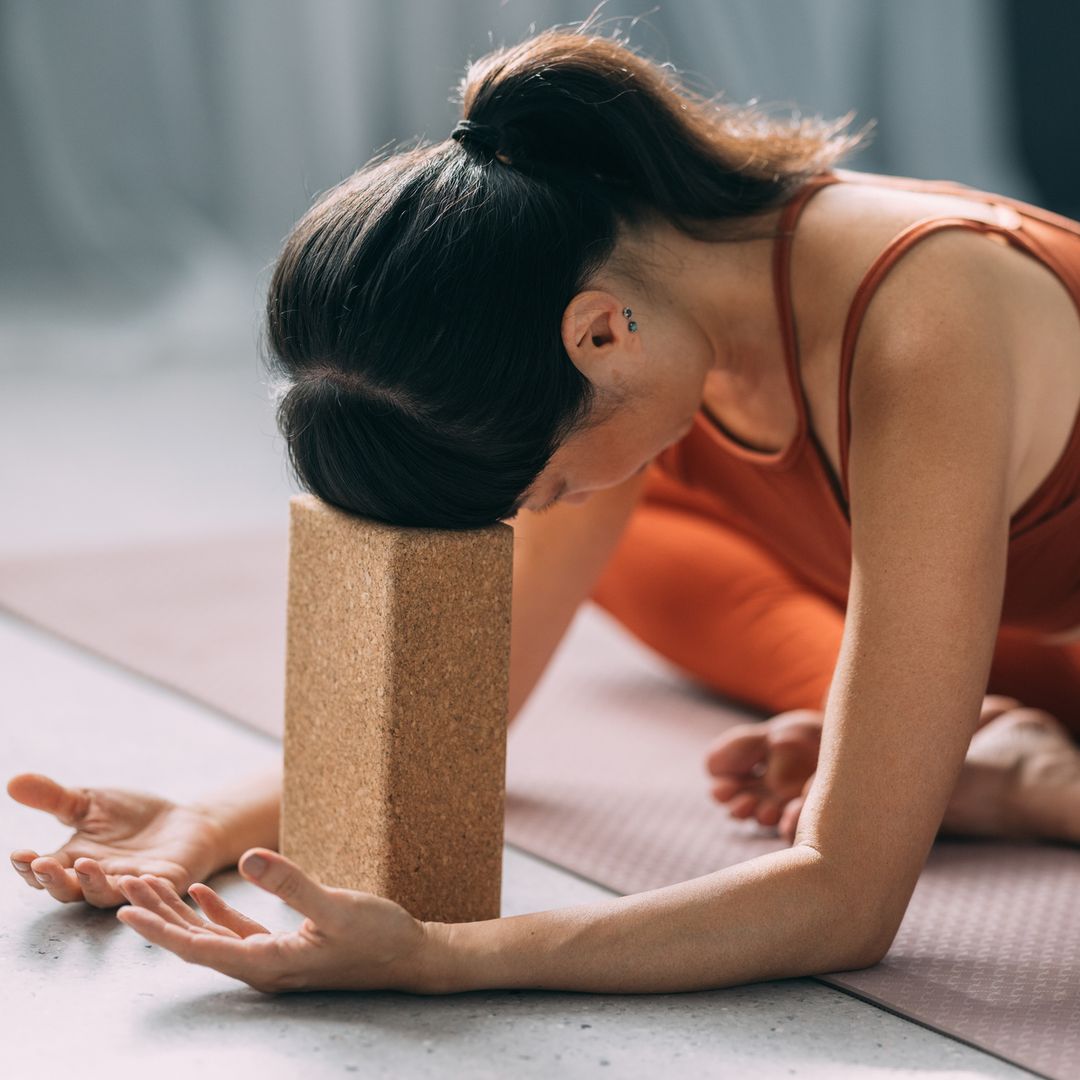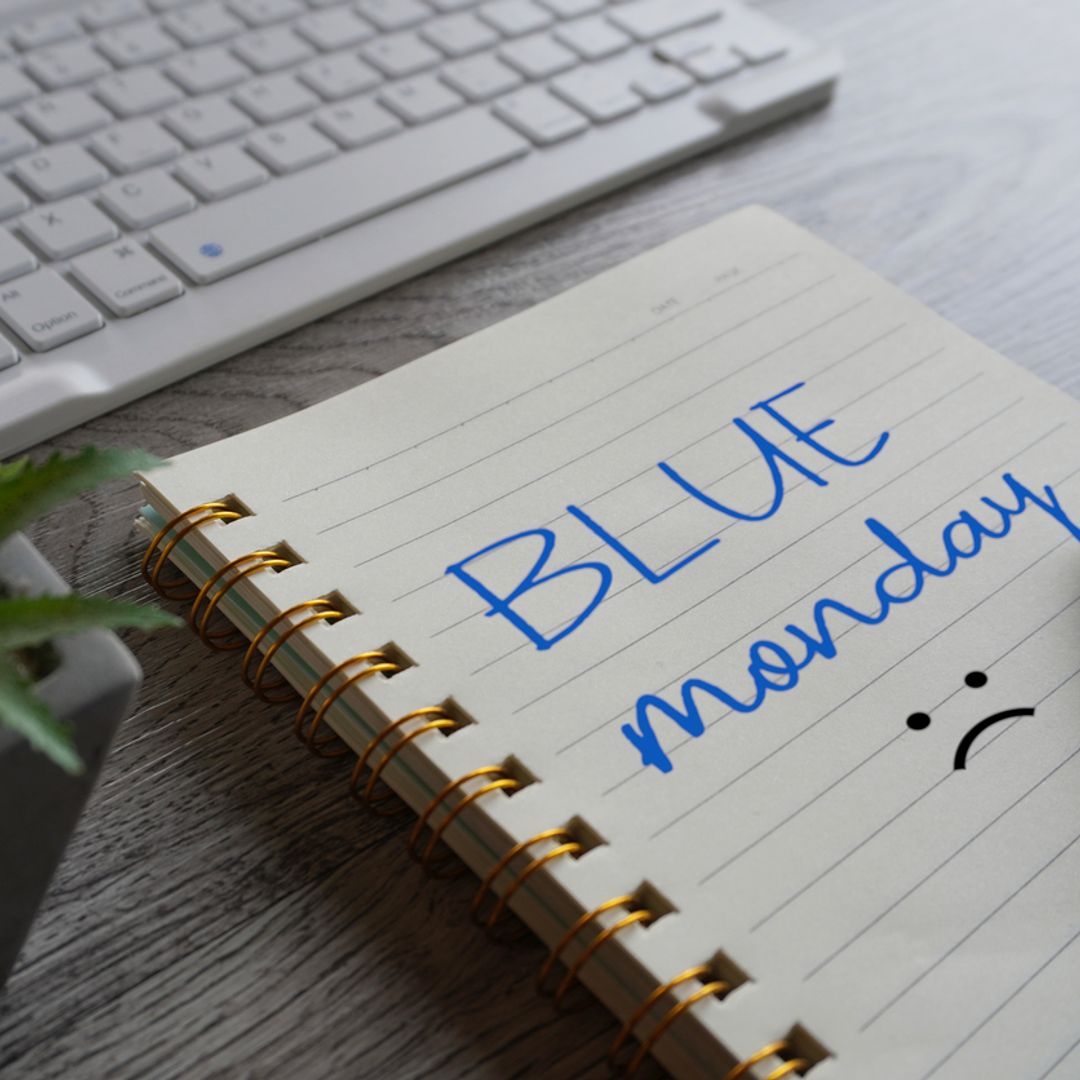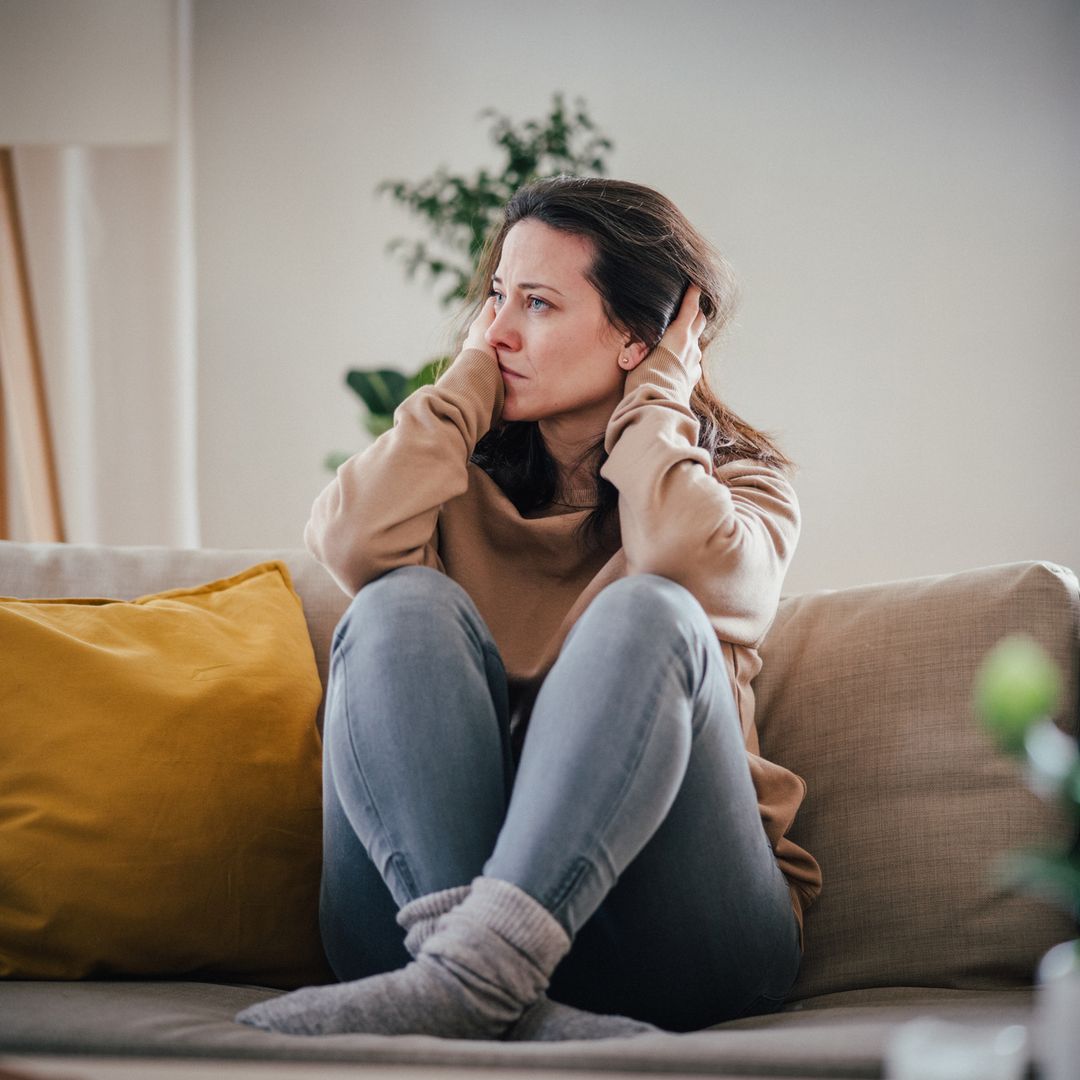The recent outbreak of the coronavirus disease COVID-19 has made a massive impact on the world we are living in right now, affecting the way we work, communicate and live our everyday lives. The virus has resulted in the lockdown of many major cities, and everyone now knows somebody who is self-isolating. There has been a mass of information online about what we should and shouldn't be doing, and it has become very confusing. To help, Doctor Anna Hemming, who spent seven years as the resident in-house doctor at Buckingham Palace looking after the royal family and household, has spoken to HELLO!, answering some of the most commonly asked questions we are all wanting to know.
Former royal family doctor Anna Hemming has answered common coronavirus questions
Can I take Ibuprofen if I have coronavirus symptoms?
Anna explained that while Ibuprofen is good for helping with temperatures – a symptom of coronavirus – it can have damaging effects on anyone with asthma or respiratory problems. "I think you just have to think very carefully about what's out there in the media at the moment. We know there have been some fake claims. Ibuprofen is really effective in bringing down temperatures, so is Calpol and Paracetamol. But it can be damaging to some people," she said. For example I think about 5 per cent of asthmatic patients can't take the Ibuprofen family of anti-inflammatories because it exasperates respiratory stress. There are patients in the population anyway that we know can't take Ibuprofen because it will make them have shortness of breath and the COVID-19 virus acts on the lungs, it's causing lung irritation."
MORE: Coronavirus: Is it medically safe to take Ibuprofen?
The coronavirus pandemic is changing the way we live our lives
Is it safe to still visit elderly relatives?
Anna explained that it is advisable to stay away from elderly relatives to protect them, but that if you are living together then it is fine to self-isolate in the same place. "When you have people gathering you are going to have more risk of spreading infection. We know that there are carriers of COVID-19 that are not getting sick from it but can still carry. I have two small children myself and I wouldn't want to expose my parents to my children at this time, even though we are healthy," she said. "However, if you are all living together there is no reason to isolate among your own family. It's got to be sensible, there are a lot of families that can't stop their children mixing with an older generation."
Dr Anna Hemming worked as the royal family's GP for seven years
What food should people be eating while self-isolating?
Going into self-isolation makes food preparation even harder than usual, and knowing what to feed yourself and your family is hard. Right now, Anna advises to just be creative with what you have in the cupboards. "You can actually make dishes with minimal amounts of food. There's a really big lesson to learn in that you can make food out of most leftovers. If you have things left from the night before you can make them into another meal for the following day," she said. "We don't need to over-eat, we just need enough. As long as you have enough energy going in. Just making sure that you have enough in the cupboards but that you're not going totally crazy overfilling them. I am sure there will be sophisticated measures put in place if we start running out of stock."
COVID-19 symptoms include a temperature and persistent cough
READ: Buckingham Palace releases update on the Queen following coronavirus pandemic
How are the medical staff protecting themselves?
The doctors, nurses and hospital staff are currently on the front line, but Anna reassured us that they are being protected. "There are things that we are putting in place that we do already. We have access to the most amazing skin disinfectants that we know kill viruses in 15 seconds so we are using these treatments all the time anyway," she said. The way medical practices work has also changed for the moment. "It's a matter of spacing patients out when we can, doing telephone and video communication rather than face-to-face when we can. Making sure patients don't have to come and pick up their prescriptions but instead sending them in the post or directly to pharmacies so they can collect them in a place where they are minimising contact. We are able to space our patients out so that we can clean in between seeing them," Anna explained.
Should people leave the city if they can?
"Whenever there is a disease or illness that spreads, places where people live closer together are more likely to have the infection spread," Anna said. "I think the main thing is that not everyone can suddenly leave a city, but you can do everything you can to sanitise, wash your hands and use alcohol gels to prevent the virus if you were to come into contact with surfaces to minimise contraction."
Anna Hemming is a trained GP and is now currently working at the Cranley Clinic
Keep up to date with the latest NHS advice on coping with the coronavirus
Make sure you never miss a ROYAL story! Sign up to our newsletter to get all of our celebrity, royal and lifestyle news delivered directly to your inbox.
